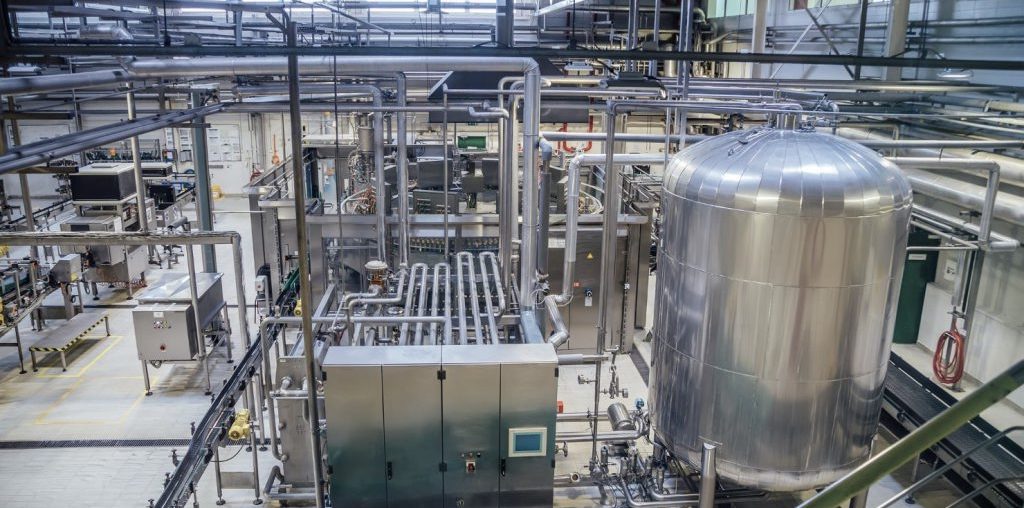Update Chrome Browser
Guide to Selection of a Mechanical Bar Screen?

Mechanical bar screen is an integral part of a wastewater treatment plant. The performance of the wastewater treatment plant is dependent on the efficiency of the screen hence, the selection of the right mechanical bar screen is crucial.
This article will help you understand the important parameters to be considered for selecting the right mechanical bar screen for your treatment plant.
Step 1
The first step of screen selection is defining the exact screening requirements. The wastewater treatment plant may have different types of solid inflow at varying flow rates. Thus, you need to identify the type of influent, and flow rates, and study environmental conditions to meet your specific screening requirements. The selection factors also include temperature and presence of chemicals or corrosive material in the wastewater stream.
Step 2
The right type of mechanical bar screen can be identified only after the collection of influent data and specifying your requirements. Mechanical bar screens are available in a wide range, such as multi-rake bar screens, basket screens, honeycomb screens, rotary brush screens, etc. These screens are designed for specific requirements. The screen that meets most of your site and screening requirements is ideal for installation.
Step 3
The mechanical bar screens offer a range of opening sizes. Screen opening size is one of the factors responsible for the efficiency of the screen. The opening between the bars or honey-comb mesh must prevent the solids from entering further treatment processes. The dimensions of the opening should match your screening specifications.
Step 4
Another factor that is vital to screen efficiency is the cleaning of the screen. The mechanism to clean the screen is raking, scraping, and climbing. Each of these cleaning mechanisms has its requirements, advantages, and shortcomings. Depending on the flow rate, screening requirement, and site conditions, the screen that offers the most suitable cleaning mechanism is an ideal mechanical bar screen for your plant.
Step 5
The efficiency of the screen also depends on the cycle rate. The cycle rate is the speed at which the screen moves. In certain cases a fast cycle may not be as effective as a slow cycle in picking up debris. Whereas, for handling high flow rates, a slow cycle may not be as efficient as a fast cycle rates. A mechanical bar screen’s effective cycle rate should match your specific requirements.
Other parameters that contribute to the efficiency of mechanical bar screen selections are:
Material: The material of the screen should be corrosion-resistant in case the wastewater stream contains corrosive elements. The material should be durable withstand varying flow rates and changes in temperature.
Maintenance: The mechanical bar screen with minimum downtime is ideal for a wastewater treatment plant. The screen that can be easily accessed, regularly for cleaning and maintenance performs well and reduces downtime considerably.
Operational Costs: The operational cost of a mechanical bar screen mainly involves energy consumption and maintenance costs. Regular maintenance and energy-efficiency ensure low operating costs.
Total Cost: Calculating the total cost involves equipment cost, installation cost, operation, and maintenance costs. Variable costs – operational and maintenance cost, have a substantial impact on the long-term. Energy efficiency, easy maintenance, and availability of spare parts contribute to the control of escalating long-term operational costs.
Manufacturer: A mechanical screen is required to be durable and reliable. Any manufacturing problem can lead to installation/operational issues. Some problems may occur during installation, and some may occur after a few years. Hence, manufacturer with a proven track record should be preferred.
The role of a mechanical bar screen in a wastewater treatment plant is crucial for process efficiency and in safeguarding downstream equipment. The selection procedure must consider all the above points to ensure hassle-free, efficient operations for the long term.
Frequently Asked Questions
Q.1 Why are oil and water separators important in various industries?
A. Oil and water separators are crucial in diverse industries to prevent environmental contamination, ensuring the separation of pollutants and facilitating regulatory compliance.
Q.2 How effective are oil skimmers in removing oil from water?
A. Oil skimmers are highly effective in removing oil from water, utilizing specialized mechanisms to efficiently and consistently separate and collect oil contaminants, ensuring cleaner water surfaces.





